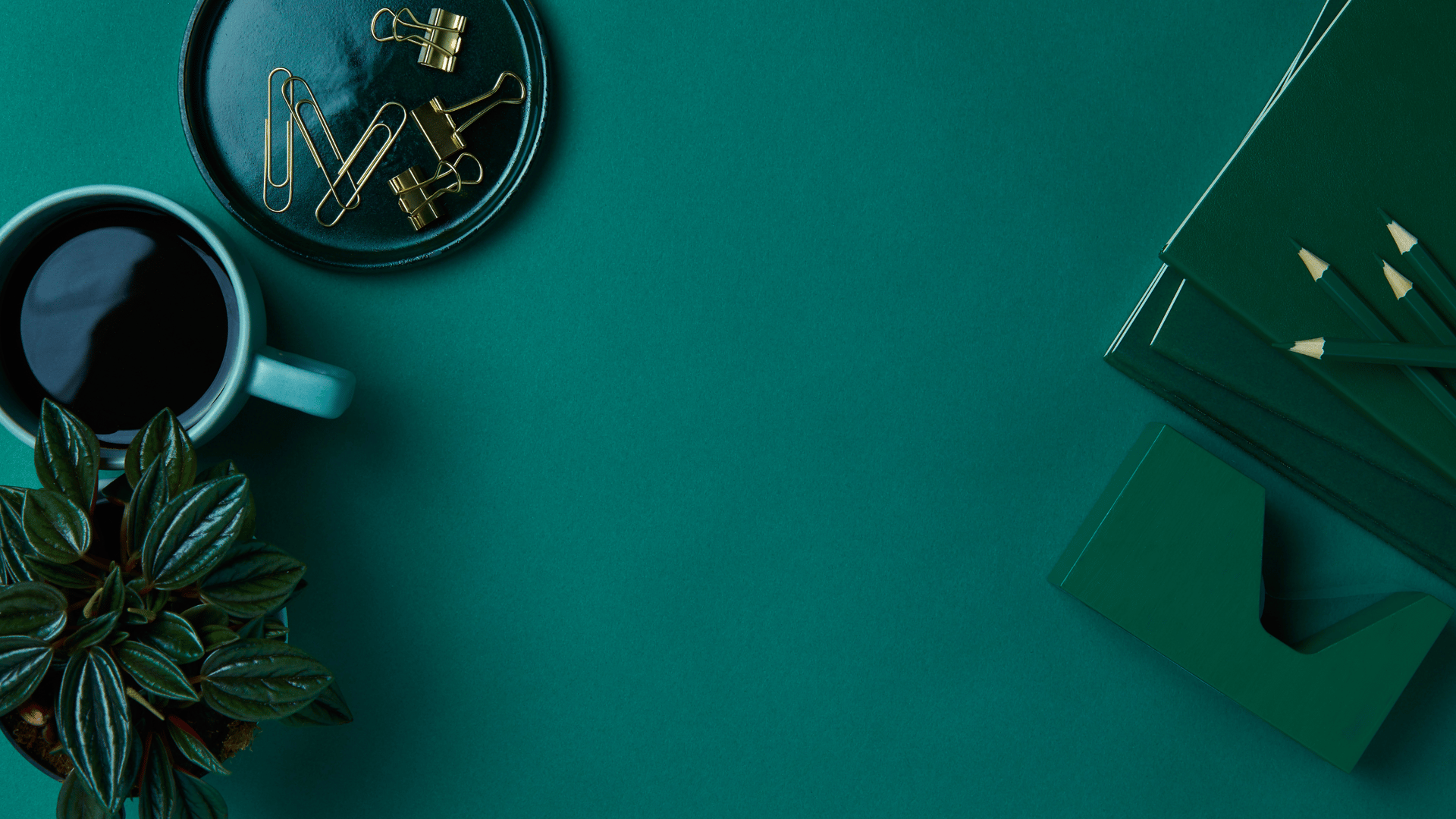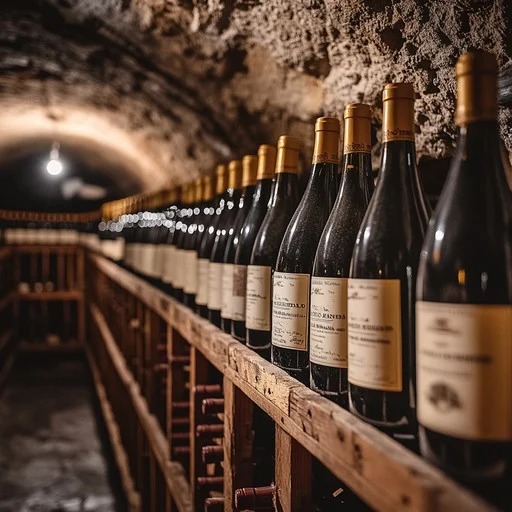
Subscribe to our newsletter
Vintage Focus
What Makes a Wine Vintage Truly Exceptional?
12/26/20244 min read


In the world of fine wine, few factors are as pivotal as vintage. A single year can define a wine's character, longevity, and value, making vintage one of the most important considerations for collectors and investors alike. But what exactly makes a vintage exceptional? The answer lies in a complex interplay of climate, terroir, and winemaking expertise.
In this article, we’ll explore what differentiates a truly great vintage from an average one, why vintage is critical for investors, and how you can identify vintages with strong long-term potential for your portfolio.
The Role of Climate in Defining a Vintage
A wine's vintage refers to the year the grapes were harvested, and that year’s climatic conditions play a crucial role in determining the quality of the wine. Temperature, rainfall, and seasonal variation all impact the ripening process of the grapes, influencing their sugar levels, acidity, and tannins.
Ideal Climatic Conditions for Exceptional Vintages:
Warm, Dry Summers: Ideal ripening conditions are achieved when summers are warm but not excessively hot, allowing grapes to mature slowly and develop balanced flavours.
Cool Nights: Cooler night temperatures help preserve acidity, which is essential for the structure and longevity of fine wines.
Harvest Timing: A dry, sunny harvest season is critical to avoid disease or rot, ensuring that grapes are picked at their optimal ripeness.
Some of the most famous wine regions in the world, like Bordeaux, Burgundy, and Napa Valley, have climates that vary year by year, leading to significant differences in the quality of wines produced each vintage. For example, 1982 in Bordeaux is widely regarded as an exceptional vintage, producing wines that are still highly valued today, while a cooler, wetter year like 2011 yielded less consistent results.
Terroir: The Consistency Factor
While climate is unpredictable, terroir—the combination of soil, topography, and vineyard management practices—provides consistency. Great terroirs can sometimes compensate for less-than-ideal weather, allowing for the production of high-quality wines even in difficult years. This is why certain vineyards consistently produce exceptional wines, regardless of vintage variations.
For investors, understanding which producers and vineyards excel across varying vintages can offer valuable insights. Wines from premier vineyards in Bordeaux or Grand Cru sites in Burgundy often remain investment-worthy even in lesser vintages due to the unique qualities of their terroirs.
Case Study: Château Latour’s 2011 Vintage
While 2011 was considered a challenging year in Bordeaux, Château Latour still produced an exceptional wine due to its unique terroir and meticulous vineyard management. Investors who recognised the strength of the terroir were rewarded with a wine that defied the limitations of the vintage.
Winemaking Expertise: The Human Touch
Another critical element in the success of a vintage is the expertise of the winemaker. Great winemakers can adapt to the specific challenges of a vintage, using techniques that bring out the best in the fruit. For example, in cooler years, winemakers may extend hang time or use more oak to enhance the wine’s richness and balance.
Investors should pay close attention to the winemakers behind their favourite wines. Producers with a track record of making great wines in challenging vintages demonstrate an ability to maximise the potential of their grapes, regardless of external conditions.
What Defines an Exceptional Vintage?
An exceptional vintage is one that produces wines with a perfect balance of ripe fruit, acidity, tannin structure, and aromatic complexity. These wines not only impress upon release but also have the capacity to age gracefully, developing deeper flavours and increasing in value over time.
Key Attributes of an Exceptional Vintage:
Balance: Wines from great vintages exhibit perfect harmony between fruit, acidity, and tannins. This balance allows them to age well, developing complexity and depth over time.
Aging Potential: Exceptional vintages produce wines with strong aging potential, making them highly sought after by collectors and investors. These wines evolve beautifully over the years, offering increased value as they mature.
Critical Acclaim: Great vintages are often recognised early on by critics and wine experts, receiving high scores that can influence market demand and prices.
How to Identify Investment-Worthy Vintages
For investors, recognising a great vintage early can lead to significant returns. Here’s how to identify vintages that are likely to appreciate in value:
Follow Critical Ratings: Reputable wine critics, such as Robert Parker, Jancis Robinson, and Wine Spectator, provide early assessments of vintage quality. High scores from these critics often signal strong demand and future appreciation.
Research Climate Reports: Understanding the climatic conditions of a particular year can give you early insights into vintage potential. Warm, dry growing seasons with favourable harvest conditions often lead to great vintages.
Pay Attention to Auction Trends: Monitoring the performance of past vintages at wine auctions can help you predict which newer vintages may increase in value. Wines from top producers in strong vintages typically perform well on the secondary market.
Notable Recent Vintages for Investment
Bordeaux 2016: This vintage is already being hailed as one of the greatest in recent history, producing wines with extraordinary balance and aging potential. Critics have compared it to legendary years like 1982 and 1990.
Burgundy 2015: A warm, dry growing season resulted in wines of exceptional richness and complexity. Both red and white wines from this vintage have received high praise, making it a strong investment opportunity.
Napa Valley 2013: Widely considered one of Napa’s best vintages, 2013 produced structured, age-worthy wines with excellent depth and concentration. This vintage is already performing well in the secondary market.
Conclusion: The Importance of Vintage in Wine Investment
Vintage plays a pivotal role in determining the value and longevity of fine wine. Exceptional vintages offer collectors and investors the opportunity to acquire wines that will not only deliver extraordinary drinking experiences but also appreciate in value over time. By understanding the factors that contribute to a great vintage—climate, terroir, and winemaking expertise—you can make informed decisions and build a portfolio of investment-worthy wines.
